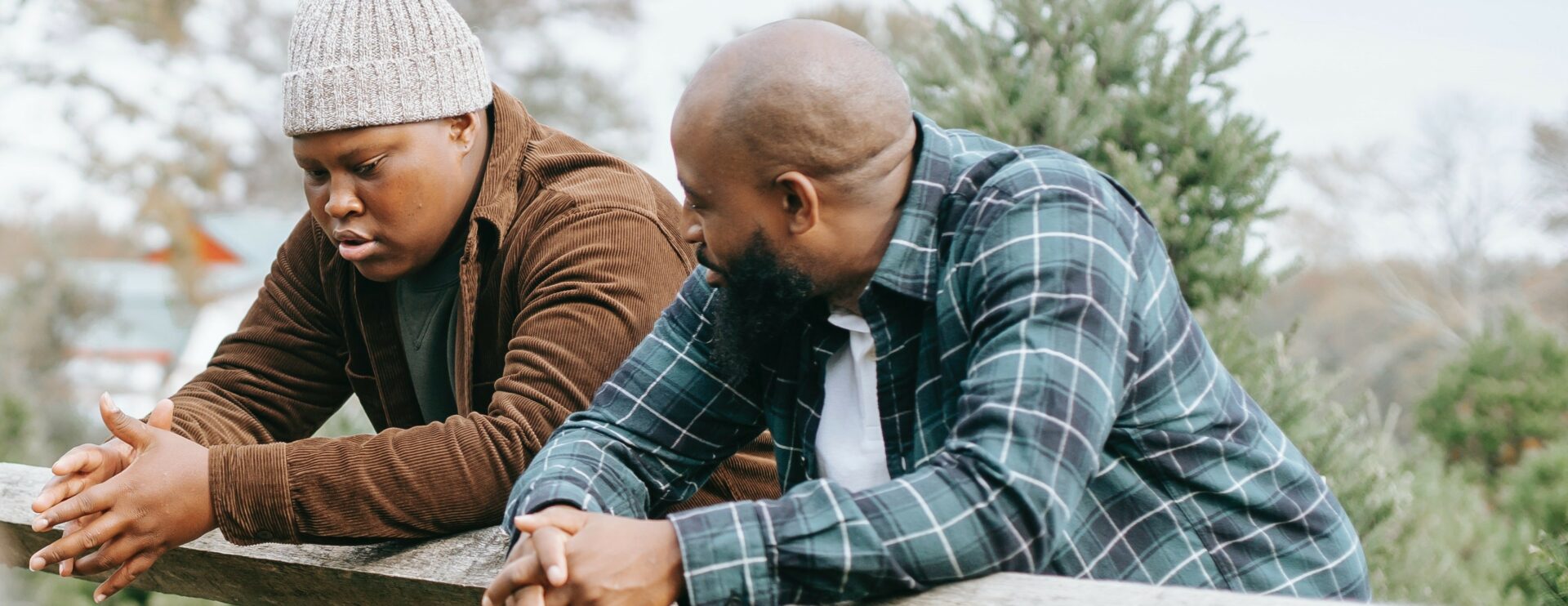By Brie Overton FT, LPC, NCC, Chief Clinical Director of Experience Camps and Cara Allen, LCSW (former Chief Clinical Director Experience Camps)
A “community crisis” means different things to different people. It might be an accident, homicide, or suicide that impacts a community, or a larger-scale event like a fire or flood or war or terrorist attack or mass shooting. One thing is certain; the grief shared from these tragedies can feel overwhelming, especially when it comes to talking to our kids about them. For kids who are already grieving, discussing a community crisis can bring extra challenges. That’s why we put together these strategies to help guide conversations.
Let them hear the truth from you.
While the instinct is often to shield children from crisis, it is important they hear from you directly, their trusted adult, rather than hearing rumors on the internet or random news reports or from kids at school. You might say something like, “I want to talk to you about a story that is being talked about a lot on the news and that is upsetting…” If they already heard the news elsewhere, you can still ask what they know and how they feel about it. Use your best judgment to share information in an age-appropriate way with words that you know will be easy for them to understand. Watch their verbal or physical cues and reactions so you can pause or stop if your child is clearly uncomfortable. They may need more time to digest the information.
Ask questions, and listen to their fears and worries.
Your child may not feel able to handle many details so focus on answering their questions rather than making sure you cover all the details of the incident. There is no question too big or too small when it comes to processing a community crisis, and your child’s concerns may be different than yours. They might want to know something big like, “Why would someone want to hurt people just because they have different color skin?” or they may focus on a detail that seems inconsequential, like, “Why did the terrible man hurt people in a market?” Listen to their questions without judgment, and don’t be afraid to say “I don’t know” when that’s true. Allow space to explore possible answers together.
Don’t force your child to talk.
Your child may feel they are not affected by the incident, or they may just not want to talk about it…and that’s okay. You might say, “I can see this is not a good time to talk about it. I’m going to let you sit with it for a bit and plan to check in with you again later today or tomorrow if that’s okay.” Be sure to follow-up. Since we know kids process through play and movement, perhaps suggest a walk or something physical to do together; this might get the conversation started naturally.
It’s also possible that your child who is already grieving may connect the painful feelings around the death of their person with this incident. You might offer, “I’m wondering if hearing about this news is making you think about your person who died?” Or, “Is it bringing up feelings about your own grief?” Be open to a conversation around this, and if you feel your child needs more support, consider reaching out to a counselor or other professional.
Model your own healthy communicating and coping.
Kids learn by watching us and listening to us, and will likely model our behaviors. If you’re sharing openly how you are feeling, chances are they will as well. This can include expressing how the event impacted you, and some of your initial responses. You may want to include how you personally are trying to impact change to make the world more just.
More than anything, in times of crisis, children and young adults need love and reassurance that they are safe and that they will be helped through this challenge. It doesn’t mean that nothing bad will happen, just that they will have the support and resources around them to cope with it. As difficult as these moments in life are, they do build resiliency and, handled in an open way, the foundation of coping with life’s challenges that may come down the road.
